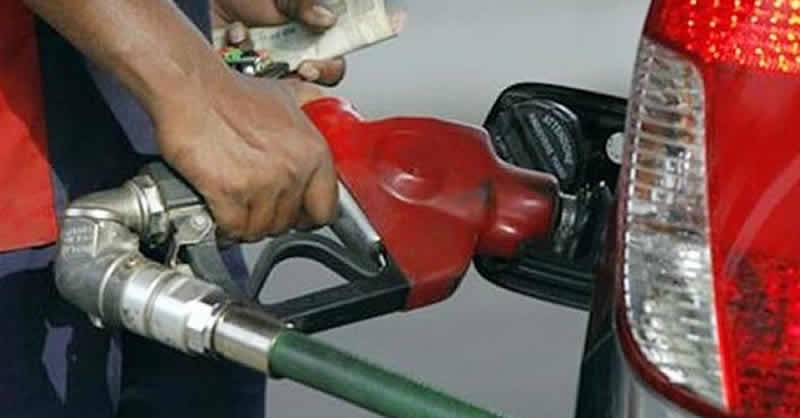VAM News Update
THE escalating fuel costs are a result of crude oil prices that have tripled in the past eight weeks, caused by ongoing voluntary output cuts by major producers Saudi Arabia and Russia.
These production cuts, extended through September, are further tightening the global supply of oil. Brent crude hit an intraday peak at $86.64, the highest since mid-April, and the global benchmark oil price rose nearly 2% for the week, following a substantial 14% gain in July.
Saudi Arabia, the second-largest oil producer, has been successful in their strategy of reducing production, announcing plans to cut another million barrels per day from September, similar to their actions in July.
The kingdom has also reduced oil exports by 1 million bpd to support higher oil prices.
These measures are aligned with their Vision 2030 plan to diversify the economy, reduce oil dependence, and create job opportunities.
Russia, the third-largest oil producer, contributed to the surge in oil prices by cutting oil production in August. Analysts anticipate further price increases due to growing oil demand in the upcoming months.
However, Nigeria’s fuel challenges are aggravated by the delays in the Dangote refinery and the non-functioning state-owned refineries, forcing the country to rely heavily on expensive imports despite being a major oil and gas producer in Africa.
Since the end of petrol subsidies on May 29, Nigeria’s fuel consumption has declined considerably. Monthly gasoline imports in West Africa increased by 56% in the second quarter of 2023.
Additionally, the Nigerian Midstream and Downstream Petroleum Regulatory Authority reported a significant drop in daily gasoline consumption, now standing at 46.38 million litres, compared to the previous 65 million litres per day before the subsidy removal.
The Nigerian National Petroleum Company Limited (NNPCL) attributed the rising oil prices at pumping stations to “market forces,” highlighting the impact of the deregulation of the oil industry. NNPCL’s Group CEO, Mele Kyari, emphasized that market realities may lead to fluctuations in gasoline prices.
Unfortunately, the subsidy-driven approach, where Nigeria trades crude oil for subsidized domestic gasoline, has resulted in significant revenue losses, foreign exchange constraints, and escalating debt.
Nigeria’s petrol prices could surge beyond N700 per litre by September, driven by global oil market dynamics and domestic factors, despite a decline in fuel consumption after the removal of subsidies.
The nation’s reliance on costly imports and the lack of functional refineries further exacerbates the situation, calling for sustainable solutions to address the fuel price challenges. (Culled from Nairametrics)



